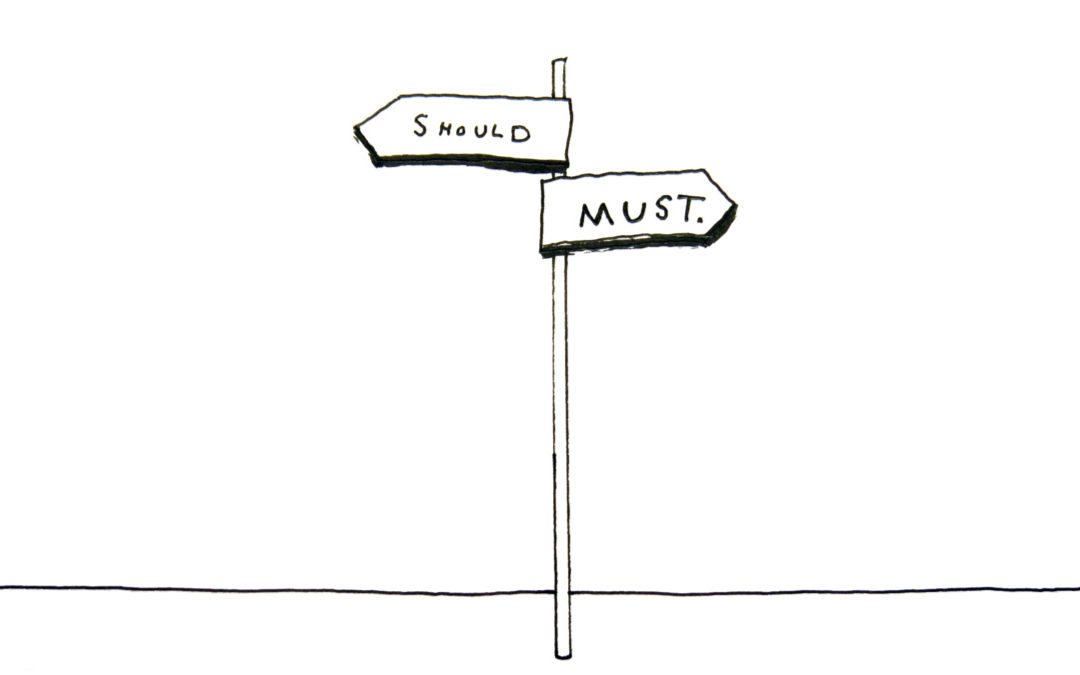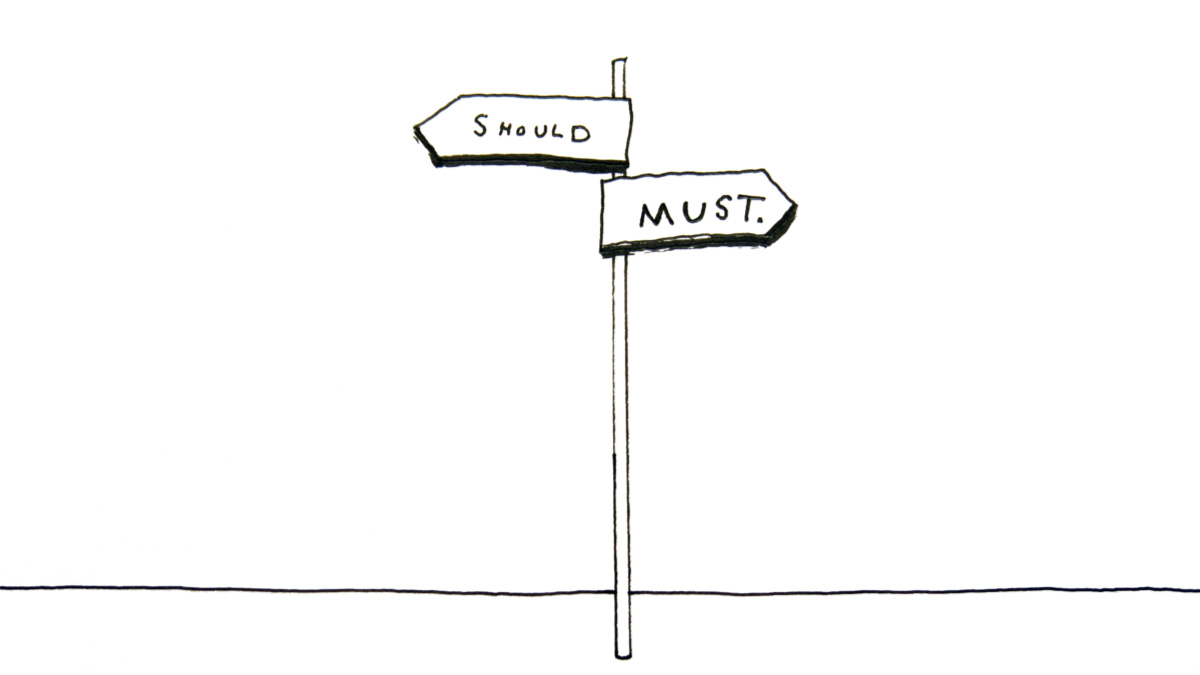
10 Things I Learned When I Quit My Job With No Solid Backup Plan
10 Things I Learned When I Quit My Job With No Solid Backup Plan

Don’t let fear of the unknown keep you in a job that makes you unhappy.
Answer by Anna Lundberg, life coach, trainer, and mentor, on Quora:
In September 2013, I walked out of my office and into the unknown. I had resigned from my job, the first after my studies, with no concrete plans as to what I would be doing next. I emptied my apartment of seven years, put my boxes into storage, and moved into my parents’ guest room as I thought about my next move.
My intention since the start had been to create a more independent and flexible lifestyle. I wanted to continue to work in digital marketing, where I had both the knowledge and the passion from my previous role; to pursue my more creative side by taking my writing more seriously; and, of course, to combine all this with the opportunity to travel and to spend time with friends and family.
So far, so good! This time last year, I officially incorporated my own consulting business and I’ve been busy on great projects ever since, working with big-name clients, making new connections, and sharpening my skill set. I finished my MatadorU travel writing course and I’ve been maintaining a regular post schedule and a growing reader base on my blog, as well as contributing guest posts to other websites. And I’ve continued my travels with weekend breaks in Europe as well as a longer trip to New Zealand, Australia, Malaysia, and Singapore.
So what have I learned, one year on?
1. Life on the other side is not as scary as you think.
As I looked out at the world from the comfort of a steady job, the fear of leaving that security behind was almost paralyzing. Once I had made the decision to quit and my perspective shifted to one of zero salary, 100 percent possibilities, that fear all but disappeared. I felt empowered and excited by my ability to make things happen, and I armed myself with information by reading books about freelancing and consulting, talking to people who had set up their own businesses, going to events where I met like-minded people. I also realized that the security I had felt in my previous job was an illusion; people get fired, departments are restructured, companies fold. Don’t let fear of the unknown keep you in a job that makes you unhappy.
2. You have to stick to your guns.
I thought I’d made The Big Decision once and for all, but I’ve had to keep questioning myself. The call of the corporate world is loud and alluring: Recruiters call with tempting job titles, my parents worry about my pension, clients want full-time support. Each time, I have to reaffirm my decision to leave that world behind, and each time, I come out that much stronger and more determined to stick with my new way of life. I’ve always looked to other people for reassurance and confirmation that I’m making the right decision, but I know now that I’m the only one who knows what’s right for me. So once you’ve made that decision, run with it, trust your instincts, and don’t look back.
Read Full Article: 10 Things I Learned When I Quit My Job With No Solid Backup Plan







